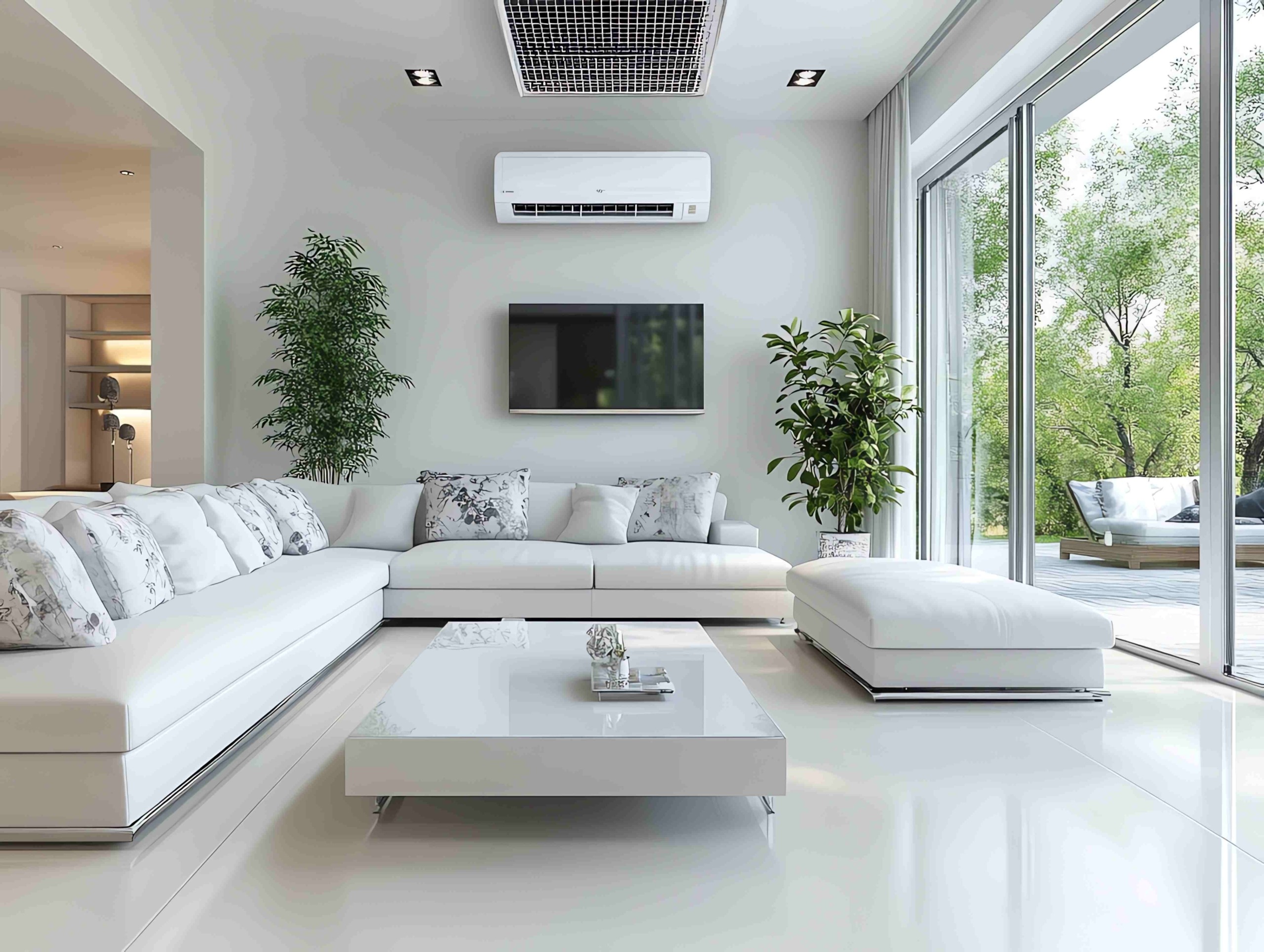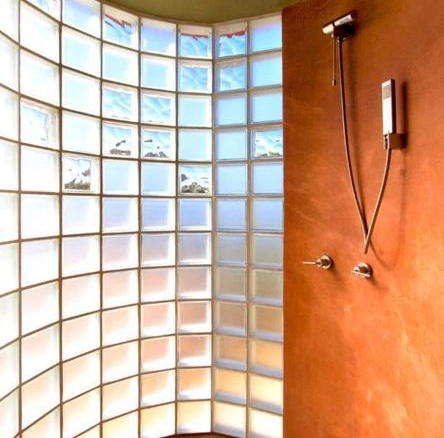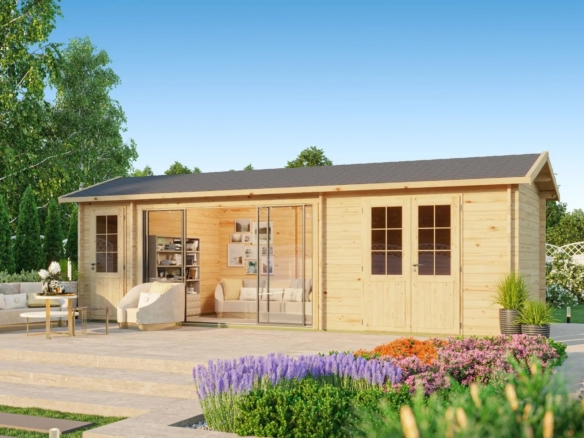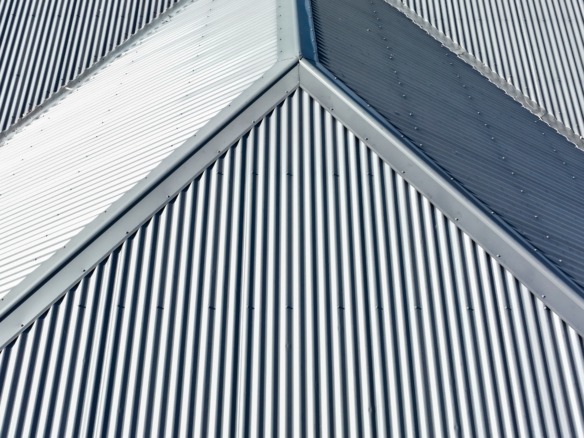Selling your home? You might wonder whether replacing an old air conditioner (AC) will boost your sale price—or just drain your wallet. The answer isn’t always straightforward. Sometimes, a new unit pays off handsomely. Other times, it’s a waste of money.
Here’s how to decide whether an AC replacement makes financial sense before selling.
When Replacing Your AC Makes Sense
Certain situations make upgrading your cooling system a smart investment before putting your home on the market.
1. Your System Has Reached Its Maximum Lifespan
When your central air conditioner approaches the 15-year mark, its reliability decreases significantly. At this stage, components wear out, which can lead to inconsistent cooling and potential failures during crucial showing periods.
Buyers recognize an aging system and often deduct replacement costs from their offers. This is exactly when investing in air conditioner replacements makes strategic sense. A new, high-efficiency unit eliminates negotiation leverage for buyers and becomes a featured upgrade in your listing.
2. Your Model Uses Outdated Technology
Units manufactured before 2010 often contain R22 refrigerant, which is no longer produced and becomes costly to service. These older systems typically have Seasonal Energy Efficiency Ratio (SEER) ratings below 13, meaning they consume 30-50% more energy than modern units.
When buyers see an antiquated system, they anticipate higher utility bills and potential compliance issues with current environmental standards.
3. Repair Costs Exceed 50% of Replacement Value
When facing compressor failure or major refrigerant leaks, the economics favor replacement. Frequent repairs for an aging system create warning signs for buyers, who may request excessive credits or walk away entirely.
A new AC installation shows proactive maintenance and eliminates concerns about immediate additional expenses.
4. Local Market Conditions Demand Modern Systems
In regions with extended cooling seasons, updated HVAC systems rank among buyers’ top priorities. Competing listings with recent replacements will outperform homes with older units.
Even in temperate markets, a modern system enhances your home’s overall appeal and helps justify your asking price among comparable properties.
When Replacing Your AC Might Not Be Worth It
Sometimes holding off on an AC upgrade proves the wiser financial move—here’s when to redirect your investment.
1. Your Current AC Works Fine
If your system is under 10 years old, runs efficiently, and has no major issues like a failing outdoor unit, replacing it won’t add much value. Buyers won’t pay extra for a marginally newer unit.
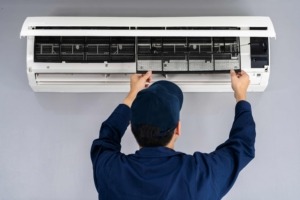
Instead, get a professional tune-up and replace air filters. A well-maintained AC can still impress buyers.
2. You’re Selling in a Cool Climate
In cooler regions, buyers prioritize heating over cooling. A brand-new central air conditioner won’t sway them much—especially if winters are long and summers mild.
Focus your budget on improvements buyers actually care about, like insulation, weatherstripping, or an efficient furnace. Even minor heating upgrades often yield better returns than a premium AC in these markets.
3. The Rest of the Home Needs Major Updates
If your home has bigger issues—like an outdated roof—a new central air conditioning system won’t mask those. Buyers will focus on costly repairs first.
Spend your budget on high-impact fixes like kitchen or bathroom remodel before splurging on air conditioner installation.
4. You Can’t Afford a High-Efficiency Model
A cheap replacement won’t impress buyers. If you can’t invest in a high-SEER unit, explore financing options or leave the existing system (if it works) and adjust your price accordingly.
Alternatives to Full Replacement
Not ready for a full air conditioning replacement? These strategic compromises can save you money while keeping buyers happy:
1. Schedule a Professional HVAC Evaluation
A certified HVAC professional can diagnose your system’s true condition—often revealing affordable fixes like refrigerant top-offs or duct sealing that extend its life. This inspection could save you from unnecessary replacement costs.
2. Negotiate an HVAC Credit at Closing
Propose a USD$2,000 to USD$5,000 concession in your sale terms, earmarked for the buyer’s future air conditioner installation. This appeals to buyers who want to select their own high-efficiency model while freeing you from upfront costs.
3. Install a Smart Thermostat for Instant Appeal
For under USD$300, a smart thermostat can modernize your existing system. Highlight features like remote temperature control in listings—a tangible upgrade that signals a well-maintained home. Incorporating modern technology can boost your property’s value by appealing to tech-savvy buyers.
Wrapping It Up
Deciding whether to replace your AC before selling comes down to smart prioritization. If your system’s outdated or clearly hurting your home’s value, a new unit could give you a strong advantage. But if it’s working well or you have higher-value improvements to make, that money might be better spent elsewhere (or kept in your pocket).
What really matters is understanding your local market. Are buyers expecting modern cooling systems? Will this upgrade actually help your home stand out? Run the numbers, listen to your realtor’s advice, and make the choice that gives you the best return.

